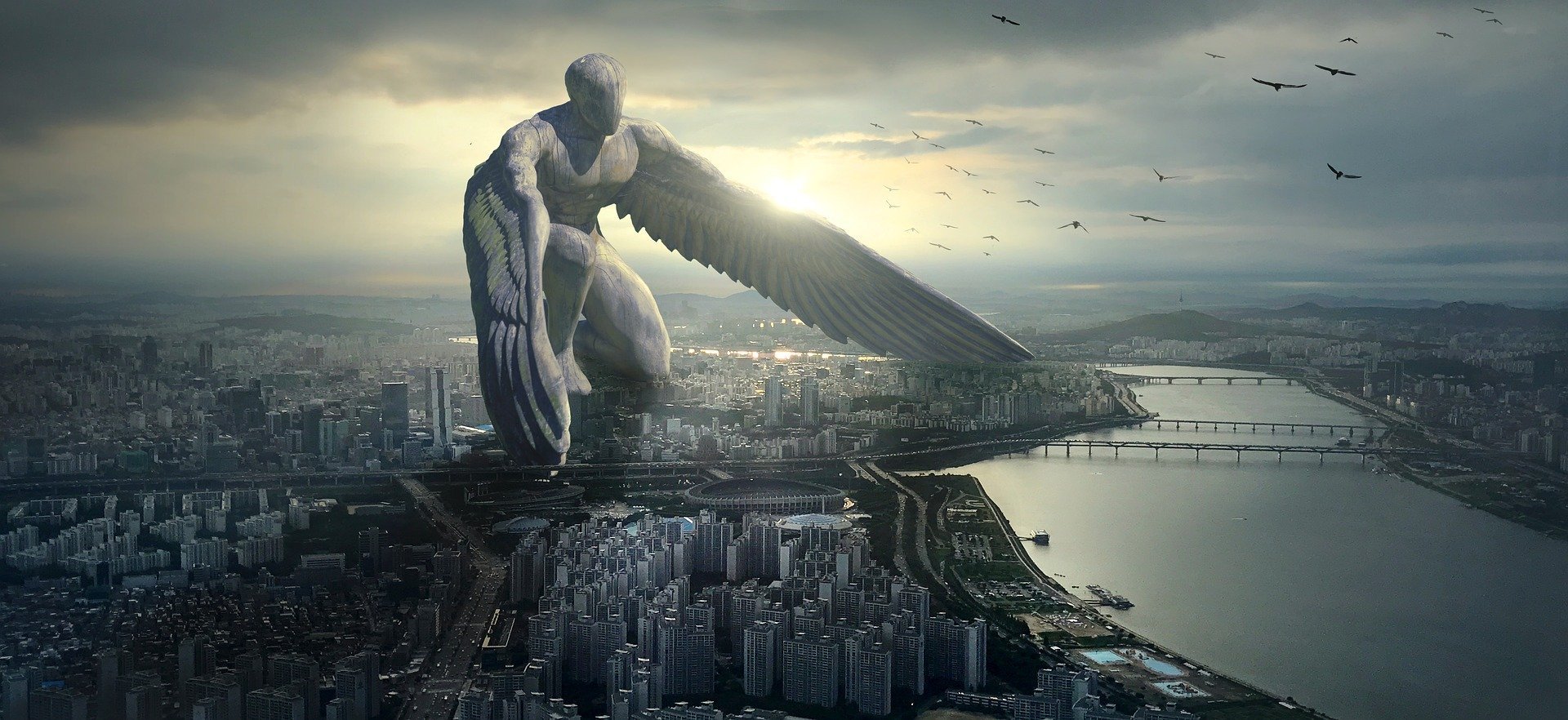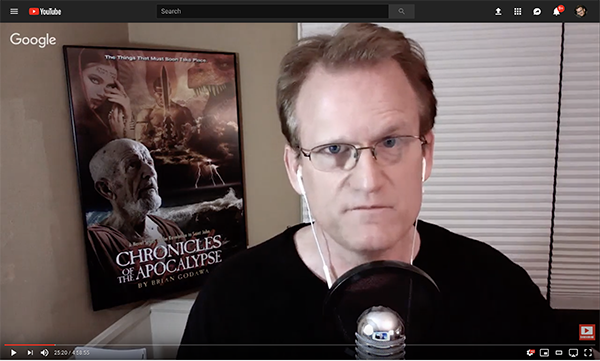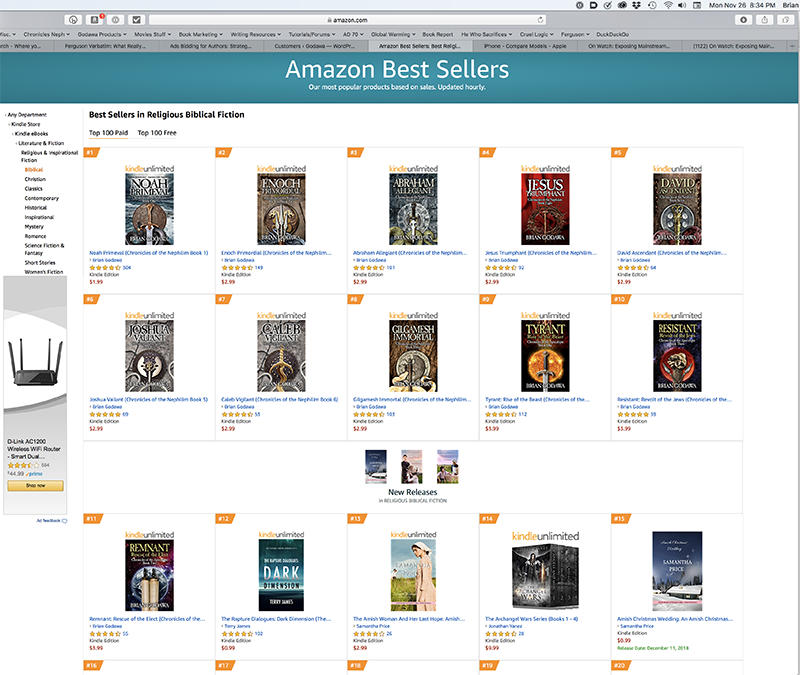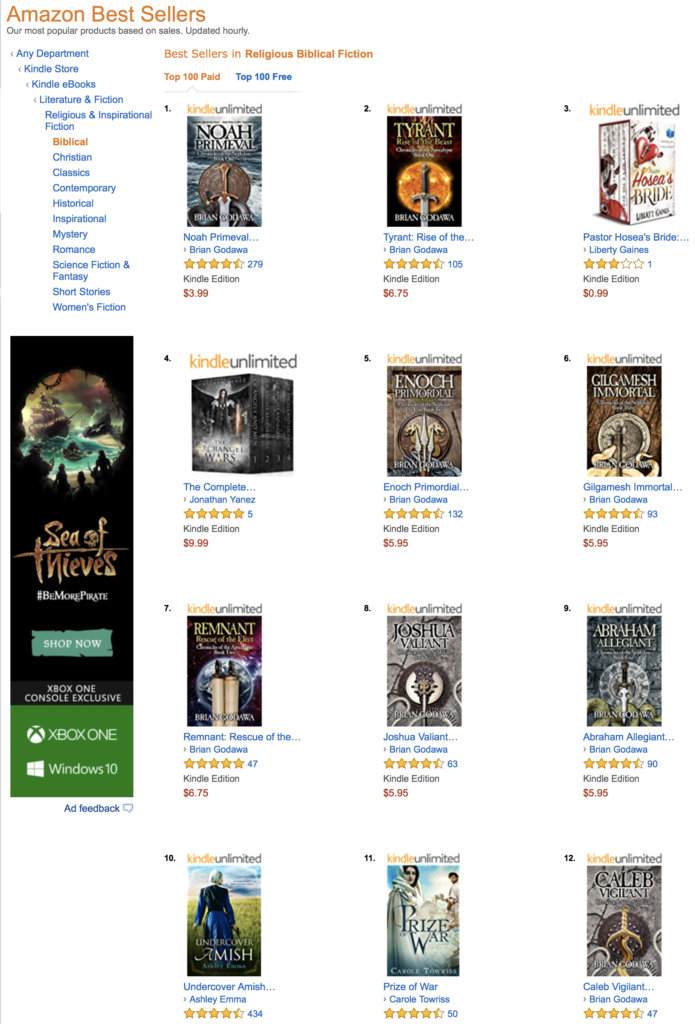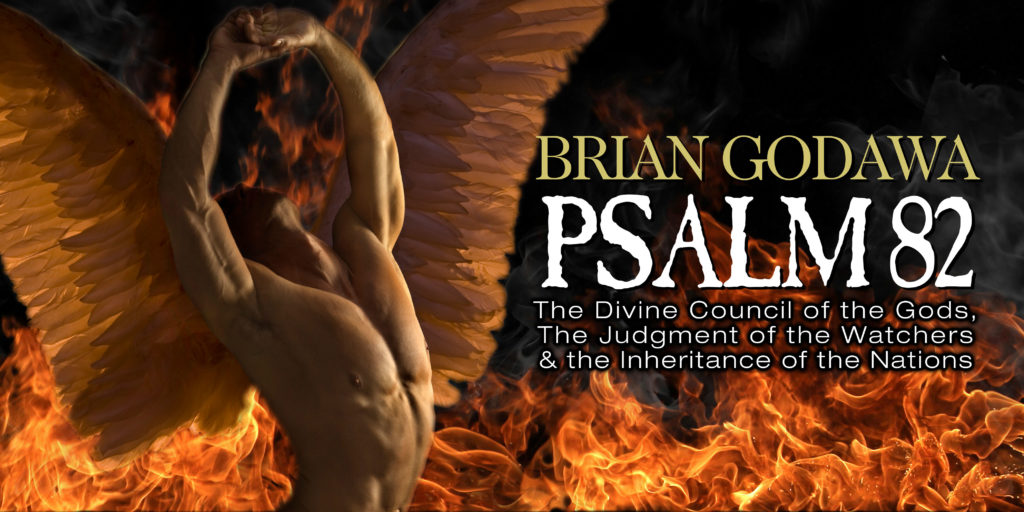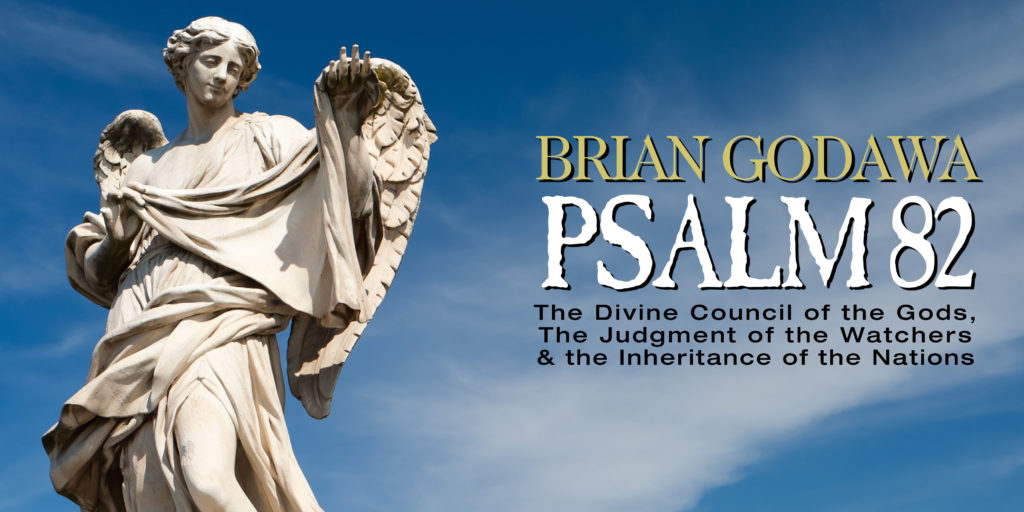
These posts are all excerpted from my newest booklet, Psalm 82: The Divine Council of the Gods, the Judgment of the Watchers and the Inheritance of the Nations. You can buy the booklet here.
In my previous posts (1, 2, 3, 4), I analyzed Psalm 82 to uncover the narrative of Christ’s victory over the powers. In it, we saw a reiteration of the Deuteronomy 32 worldview that depicted fallen Sons of God from Yahweh’s heavenly host being allotted the Gentile nations as an inheritance, while Yahweh kept Israel for his own inheritance. These Watchers over the nations were unjust in their governance, so Yahweh declared he would judge them with death through the resurrection of Messiah, which would take back the allotment from the Watchers and give it to Messiah to inherit the nations.
But if Jesus triumphed over the spiritual powers at the cross and then led them captive in a military style triumphal procession, then how is it that the New Testament speaks of an ongoing struggle with those heavenly principalities and powers for the Christian? Are these territorial powers still an issue for us today?
My short answer is that the principalities and powers over the nations are not an issue for us today, but they were in Paul’s day because when he wrote his New Testament letters, the victory of Christ had been legally inaugurated at the cross, resurrection and ascension, but was not historically consummated until the destruction of the earthly incarnation of the old covenant, the holy temple in Jerusalem in AD 70. That event was the historical completion of the spiritual truth begun a generation earlier.
Paul was writing in a transition period between covenants. The new had been spiritually inaugurated but not historically consummated until the old had been done away with in the earthly realm. The old covenant was fading out but had not yet vanished with the destruction of the historical temple. The book of Hebrews predicts this destruction as a “vanishing.”
Hebrews 8:13–9:9
In speaking of a new covenant, he makes the first one obsolete. And what is becoming obsolete and growing old is ready to vanish away. …By this the Holy Spirit indicates that the way into the [heavenly] holy places is not yet opened as long as the first section [earthly holy place] is still standing (which is symbolic for the present age).
That last parenthesis about the physical holy place being “symbolic of the present age” is in the text of Hebrews. I did not add it. the physical temple is a symbol of the old covenant age that was about to vanish away with the destruction of the temple.
Thus, the spiritual powers had lost their legal right to the Gentile nations at the complex of events that climaxed with the ascension of Jesus Christ. But their actual judgment of death in the fires of Gehenna did not occur until the consummation of the old covenant “present age” of the first century.
Many Christians assume that the “end of the age” or the “last days” is the end of the earth. Thus when Jesus speaks of casting sinners into the furnace of fire at the end of the age, they assume this has not yet happened. After all, does not Isaiah place the inheritance of the Gentiles in a future “last days”?
Isaiah 2:2
2 It shall come to pass in the last days that the mountain of the house of the Lord shall be established as the highest of the mountains, and shall be lifted up above the hills; and all the nations shall flow to it…
But I will show that the judgment of the Watchers in Psalm 82 occurs with the inheritance of the Gentiles which is actually begun in the book of Acts and solidified by AD 70 in the destruction of the temple. The “last days” occurred in the first century and they were the last days of the old covenant, not the last days of the entire earth.
Don’t read on unless you want your spiritual world rocked by this amazing biblical truth… Continue reading →

